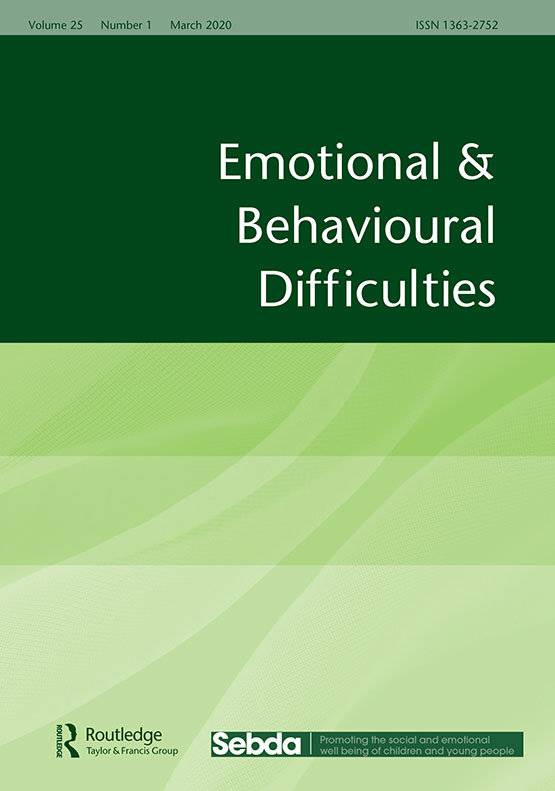TEACHING, LEARNING AND ASSESSMENT

Teaching and Learning
You will study the course online over 2 years part time. You will receive
- a comprehensive induction programme
- two and a half virtual study days per year
- a minimum of 2 small group or individual tutorials per semester
- support from tutors who are experienced practitioners in the field of SEMH.
- fortnightly structured units of study which include
-
- guided independent study tasks
- audio and video presentations
- interactive activities
- collaborative working via online discussions
- critical reflection.
-
The course will mostly be delivered asynchronously. This means that you can access the course irrespective of your personal responsibilities, work commitments, learning preferences or geographical time zone.
Synchronous activities are arranged at times agreed by the students involved or recorded and posted online.
At the end of the first year you may choose to exit the course with the award of Postgraduate Certificate: Social Emotional Mental Health Difficulties (60 credits).
Assessment
Your assessment for the majority of modules will be a single 4,000 word submission at the end of the Module that will include:
▪ A written summative assignment (3,000 words)
▪ A summary of your reflective journal (500 words) and a summary of the online discussion (500 words)
Your assessment will also include your contributions to online discussions with your peers throughout the module and your contributions to your personal reflective journal. Your assessment for the Research Methods and SEMH Module 5, will be a report on the focus group research activity you will have undertaken with adults during the module.
Find out about our aims and ambition
Why become a SEBDA member?
Want to make a donation?
LATEST NEWS
IncludedEd Conference 2025
‘Who Is Losing Learning?’ – The Difference have co-authored the report with the the Institute for Public Policy Research and findings will be central to the IncludEd Conference 2025 at UCL
Attachment Aware Schools Research Conference 2024
Are you an education professional passionate about evidence that supports nurture, attachment and trauma informed practice? If so, the Attachment Aware Schools Research Conference is something that you may be interested in!
Early Childhood Education & Care for refugee families in the UK
Early Childhood Education and Care for refugee families in the UK Following the release of the UNICEF UK and Refugee Education UK report, 'Out of sight, Out of mind: How two systems lock the youngest refugee and asylum-seeking children out of early education in...
